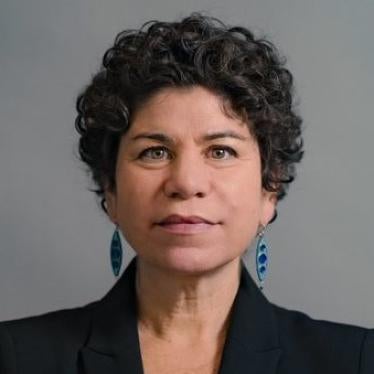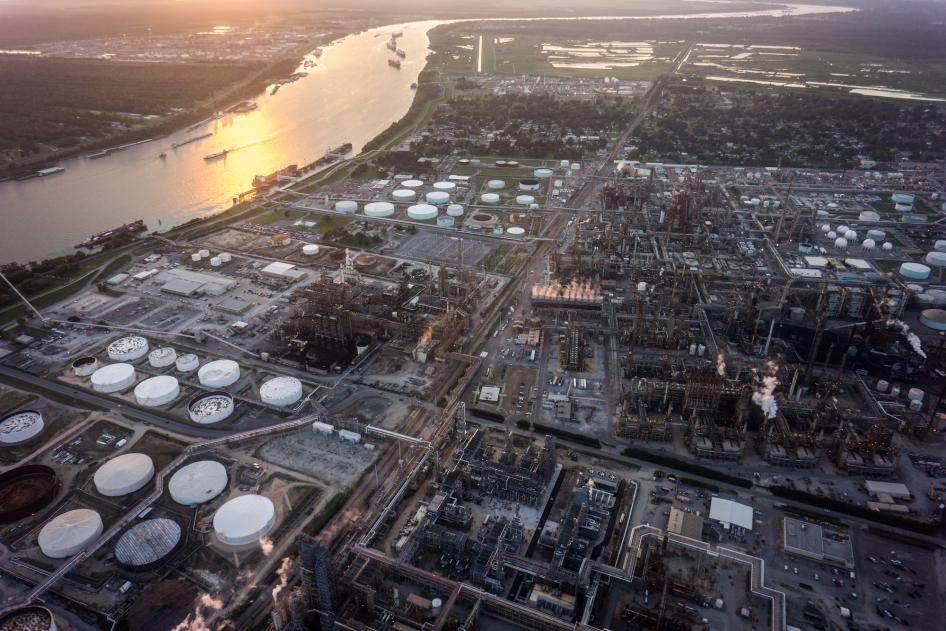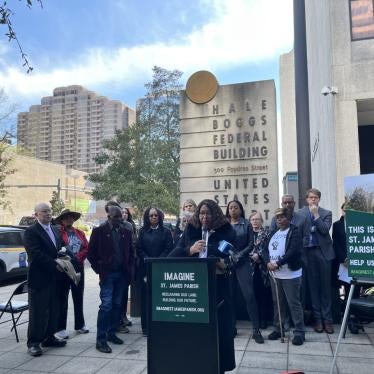On Tuesday, the United States Environmental Protection Agency (EPA) abruptly closed a critical environmental justice investigation into whether the state of Louisiana had failed to protect predominantly Black communities living within the area known as “Cancer Alley.”
More than 200 industrial plants – primarily fossil fuel and petrochemical operations – line the 85-mile (135 km) stretch along the Mississippi River. Toxic air pollution has resulted in among the highest cancer risk in the nation and documented elevated cancer rates, among other ailments, with harm disproportionately concentrated within Black communities.
“We’re dying from inhaling the industries’ pollution,” Sharon Lavigne, President and Founder of Rise St. James, told Human Rights Watch in March. “I feel like it’s a death sentence. Like we are getting cremated, but not getting burnt.”
In April 2022, the EPA opened an investigation into complaints alleging Louisiana state agencies had violated the Civil Rights Act of 1964 by discriminating on the basis of race, including air pollution control programs “subjecting Black residents to ongoing disproportionate and adverse health and environmental impacts” related to petrochemical operations in Cancer Alley.
In an October 2022 letter to the heads of Louisiana’s Departments of Environmental Quality, Dr. Chuck Carr Brown, and Health, Dr. Courtney N. Phillips, the EPA said its initial investigation raised “significant evidence suggesting that the Departments’ actions or inactions have resulted and continue to result in disparate adverse impacts on Black residents of St. John the Baptist Parish, St. James Parish, and the Industrial Corridor.”
Secretaries Brown and Phillips have since resigned. In May, Louisiana filed a federal lawsuit challenging the EPA investigations.
But now the EPA has abruptly closed its investigation without making findings, providing relief for the communities, or compelling Louisiana to make any commitments of its own. The EPA says it “actively engaged in regular informal negotiations for several months” with the state agencies, yet no agreement was signed. The agency also highlighted other actions it has taken and will take in Louisiana to address toxic pollution.
Citing an “environmental and public health emergency” and living in “some of the most polluted, toxic, and lethal census tracts in the country,” local residents are trying to halt any new fossil fuel or petrochemical operations from entering St. James.
In a statement this week, Sharon Lavigne said, “We are disappointed in the EPA.... We were hopeful because we thought we were going to win this.”








